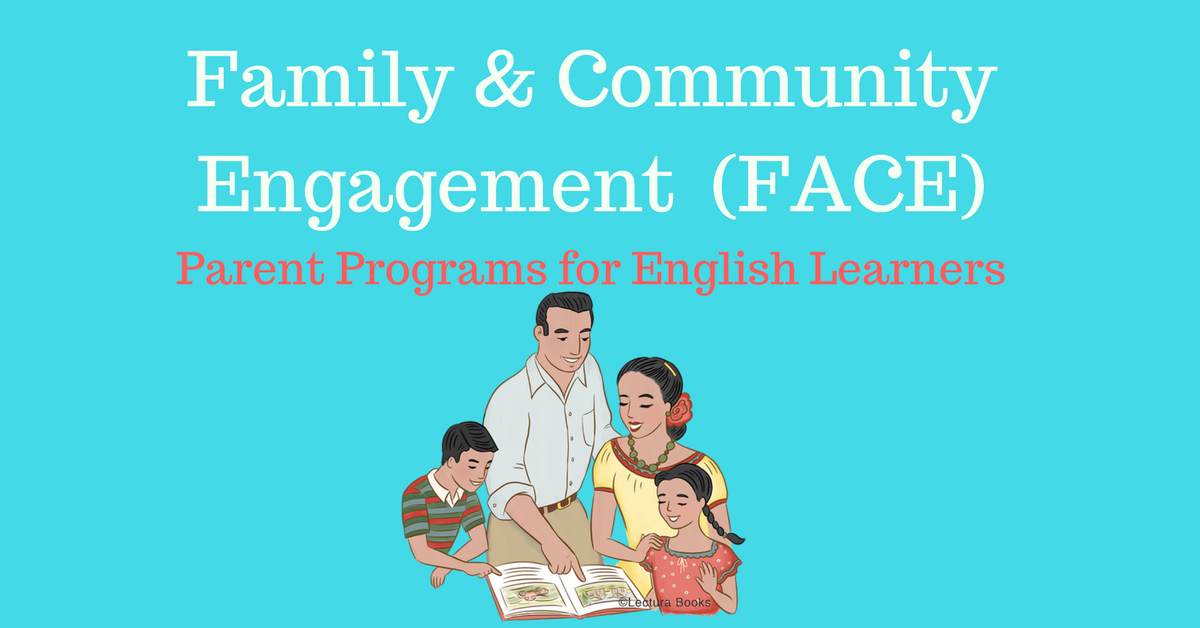FACE – Family and Community Engagement 

In providing an overview of Title I and FACE (Family and Community Engagement), we know from years of research that family and community engagement has a positive impact on student outcome, says The Department of Education (DOE). The challenges, however, associated with limited resources combined with other factors often impede progress.
The Every Student Succeeds Act (ESSA) is the latest legislative guidelines from the Elementary and Secondary Education Act of 1965 (ESEA) last reauthorized in 2002 as the No Child Left Behind Act (NCLB), states a report by The Leadership Conference Education Fund. The intent of ESSA has been to raise academic achievement for low-income and other disadvantaged children. Focused on the low-income parents of “Title I-participating” children, parent and family engagement has always been an important component.
To meet the requirements, each school district is required to reserve a minimum of one percent of its Title I funds in order to carry out parent and family engagement activities. Ninety percent of these funds must be distributed to schools, giving priority to “high-need” schools.
These parent and family engagement funds must be used for a minimum of one of the activities below:
- Supporting programs that reach families in the community, at home or and at school.
- Supporting schools in training school staff regarding engagement strategies.
- Disseminating information on best practices focused on engagement, especially for increasing engagement of economically-disadvantaged families.
- Sub-granting to schools to collaborate with community-based businesses or organizations that have a track record of improving family engagement, or engaging in other activities that the district believes helps increase engagement.
If your school isn’t a Title I school, it‘s not legally required to engage but increased family engagement will only help your school, says The Commons education website.
Striving to support the ever-increasing numbers of diverse students, states are implementing family engagement strategies as a way to promote educational equity, says the DOE. In fact, many states are developing new and innovative approaches to integrate family engagement programs into their educational systems, says the DOE.
By providing professional development for parent involvement with English language learners (ELLs), The Latino Family Literacy Project meets the first three activities mentioned above for schools to meet Title I Family Engagement requirements. Teachers who attend the program training say how much they thoroughly enjoy the workshop and leave inspired.
As mentioned above, the program meets Title I requirements for parent involvement and Title III requirements for ELLs so that parents can help their kids with reading and English language vocabulary development through the implementation of an at-home, family reading routine. Teachers can sign up for a one-day, in-person workshop, an online webinar or attend a one-day workshop at a district-wide training. For more information, contact The Latino Family Literacy Project.
